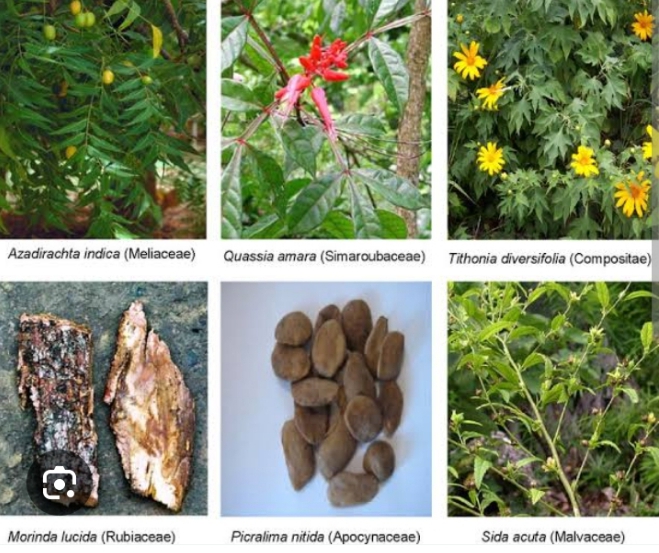In the face of drug resistance, insecticide-resistant mosquitoes, and limited access to the malaria vaccine, the use of herbs has become increasingly important in combating malaria.
Africa bears a significant burden of malaria cases, with Nigeria alone contributing a substantial percentage of global malaria cases. Given this context, herbal remedies offer a promising alternative.
Here are four plants known for their efficacy in treating malaria:
1. Mango Leaves:
Numerous scientific studies have demonstrated the effectiveness of mango leaves in treating malaria. Boiling mango leaves and consuming the resulting infusion, or incorporating them into meals, has been found to be beneficial. Research published in the Federation of American Societies for Experimental Biology indicates that mango leaf extract exhibits potent anti-malarial properties.
2. Dogonyaro or Neem Leaves (Azadirachta indica):
Traditionally used in tropical regions as a malaria treatment, neem leaves have shown promise in killing the malaria parasite in laboratory tests. Extracts from neem leaves, seeds, and bark have been found to possess anti-malarial properties.
3. African Peach (Nauclea latifolia):
Various parts of the African peach tree, including its roots, bark, and stem, are effective in treating malaria. Whether consumed as a tea, boiled, or incorporated into meals, African peach has demonstrated efficacy in malaria treatment, as supported by scientific research.
4. Oruwo Tree or Brimstone Tree (Morinda lucida):
The oruwo tree, also known as the brimstone tree, contains a range of bioactive compounds with medicinal properties. Extracts from this tree have shown potential in combating inflammation, pain, bacteria, malaria, liver damage, and other health issues.
Regarding the speed of action, a study conducted by Stephanie Alaribe, a lecturer at the University of Lagos, revealed that a herbal concoction containing these plants reduced parasite load within 24 hours post-administration, with sustained efficacy lasting four to seven days.
However, ensuring appropriate dosage remains a challenge in traditional medicine practices.





